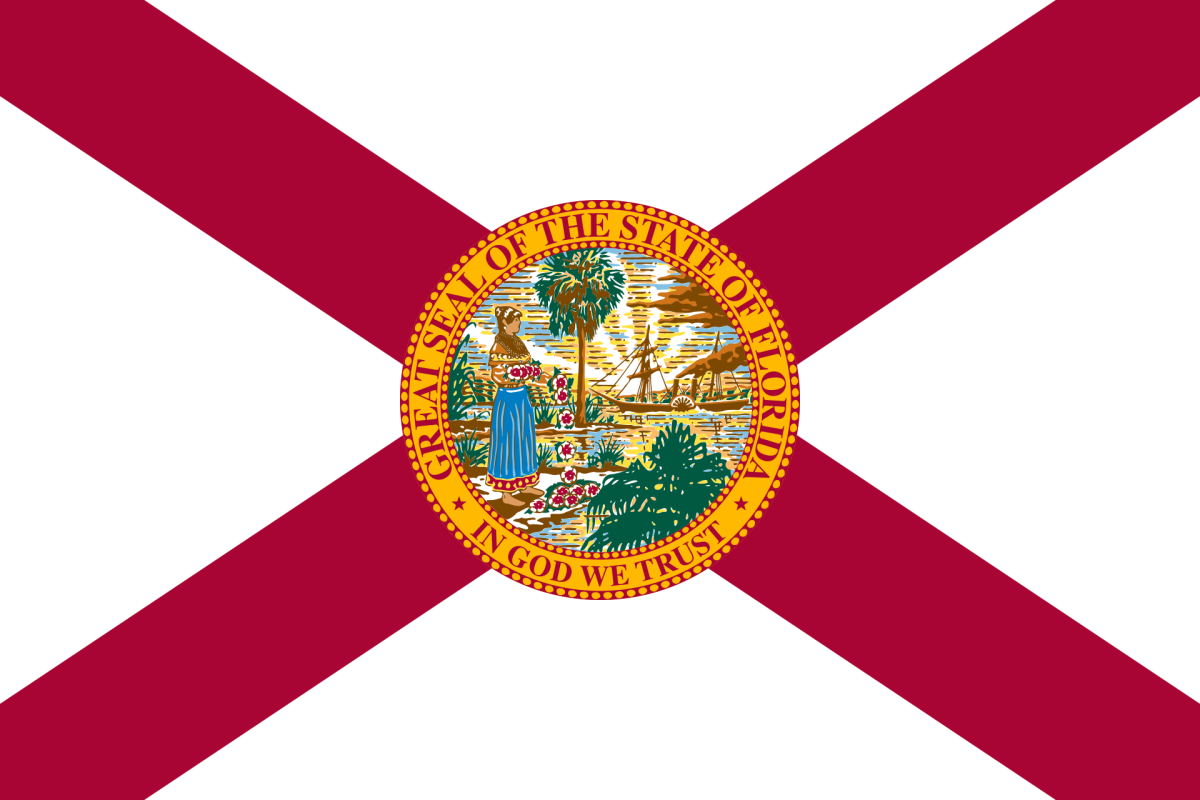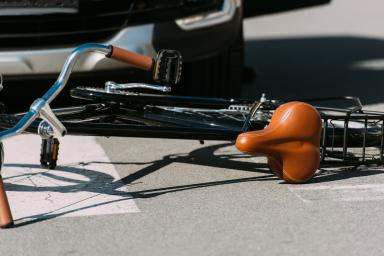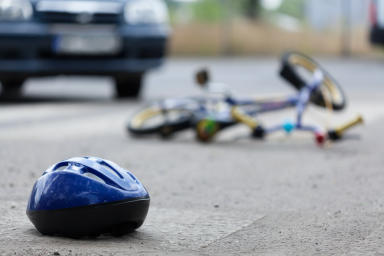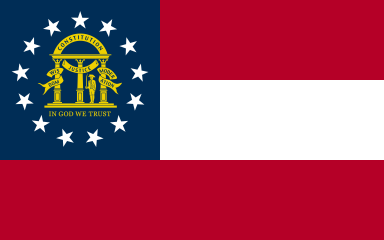Florida Bicycle Laws

If you're planning to ride your bicycle in Florida, it's important to understand the state's bicycle laws. Not only will knowing these laws help keep you safe, but it can also help you avoid fines and legal issues.
According to the National Highway Traffic Safety Administration, Florida ranked as the most dangerous state for cyclists in 2020, with about 170 cyclist fatalities. Understanding and following the state's bicycle laws is crucial for your safety.
If you’re involved in a bike accident in Florida and suffer injuries due to someone else’s negligence, you also need to understand how to determine who was at fault and how to recover damages for your injuries.
Here's an overview of Florida's bicycle laws to help you stay safe and better understand your rights as a cyclist.
Bicycles are Vehicles
According to Florida law, bicycles are considered vehicles and, therefore, have the same rights and responsibilities as other vehicles on the road. This means that cyclists must follow the same traffic laws as cars and trucks. It also means cyclists have the right to expect safety from drivers when biking in traffic.
Since bicycles are considered vehicles, they must stop at red lights and stop signs, ride within the normal flow of traffic, yield the right-of-way when applicable, and use lights when riding at night.
Requirements for Motorists
Florida has a few basic rules in place to help protect bicyclists while on the road. Motorists must follow these rules when driving.
According to the Florida Department of Highway Safety and Motor Vehicles (FLHSMV), drivers must give cyclists at least three feet of clearance when passing or driving alongside them.
Drivers are also required to yield to cyclists in the bike lane when turning and can only make turns when behind the cyclist.
To avoid causing accidents, drivers should also check for cyclists who may be approaching before opening their doors, and motorists shouldn’t use high-beam headlights when a bicyclist is approaching.
Where to Ride Your Bike
If there is a designated bicycle lane, cyclists are required to use it when it is available. However, if the cyclist needs to make a turn, they can leave the bike lane to make the turn.
When riding on a road that doesn’t have a bike lane and traveling slower than the speed of traffic, you must ride as far to the right of the road as possible. Exceptions apply when you are passing someone, preparing for a turn, avoiding hazards, on a one-way street, or riding in a lane that is too narrow to share.
Most places in Florida allow cyclists to ride on sidewalks, but state law requires you to yield the right-of-way to pedestrians walking on the sidewalk. You must also give an audible signal before passing someone walking on the sidewalk.
Florida Helmet Laws
Florida law requires bicyclists under the age of 16 to wear a helmet. Helmets should fit properly and be fastened securely.
Cyclists over the age of 16 are not legally required to wear helmets, though, for safety reasons, Florida encourages all bikers to wear helmets.
Using Hand Signals
In Florida, bicyclists must give a hand signal to other drivers on the road when they are within 100 feet of making a left or right turn. The signal does not need to be continuous, though, since cyclists may need to use both hands to maintain control of their bikes.
Cyclists should extend their left arms horizontally for left turns, pointing to the left. For right turns, riders should either extend their left arms directly upward or extend their right arms to the right of their bikes.
Drunk Cycling
Riding your bike while under the influence risks your safety and that of other drivers and pedestrians. As a result, Florida takes this issue very seriously.
It is illegal to ride a bicycle while under the influence of drugs or alcohol. This can result in fines, jail time, and a criminal record.
Headlights and Reflectors
When riding at night, bicycles must have a white headlight visible from 500 feet away and red rear reflectors visible from 600 feet away. These lights help other drivers notice you in the dark, making an accident less likely to occur.
Your bike must also have pedal reflectors and reflectors on the sides of the wheels.
Can You Listen to Music While Riding a Bike in Florida?
Bicycles are considered vehicles in Florida, and state law prohibits the use of devices that distract vehicle operators. This means you are not legally allowed to wear a headset and listen to music while biking in Florida.
When listening to music, it’s difficult to hear what’s happening around you, making you more likely to get into an accident with another vehicle.
Bicyclists can wear headsets if it is a hearing aid or improves a person’s hearing ability. Headsets that only provide sound in one ear are also permissible as long as the cyclist can still hear out of their other ear.
Vulnerable Road User (VRU) Laws in Florida
Vulnerable road users include bicyclists and other individuals who do not have the same protection a car offers.
VRU laws protect vulnerable road users by deterring motorists from driving irresponsibly and seriously injuring someone. These laws allow judges to give more severe punishments to drivers who injure vulnerable road users in an accident.
Florida has no VRU laws, making it all the more important for cyclists and other vulnerable road users to exercise caution when on the road.
Pure Comparative Negligence in Florida
Comparative negligence is a system in which a court assigns a portion of fault to each party involved in an accident. After assigning fault to each party, the award or settlement is adjusted to correlate with each person’s level of fault.
Florida uses a pure comparative negligence system, meaning that plaintiffs in personal injury lawsuits can still receive compensation for their damages, even if they share the majority of the blame for the accident.
For example, if you sue a driver after a bicycle accident, and the court finds you to be 60% at fault, you would still be entitled to 40% of your total damages.
This system allows all parties involved in an accident to recover a portion of the damages, regardless of who is primarily responsible for the incident.
How Much Can Someone Sue for a Bike Accident in Florida?
If you're involved in a bicycle accident in Florida, you may be entitled to compensation for your injuries and other damages. This includes noneconomic damages like pain and suffering.
In Florida, the at-fault party's insurance is responsible for paying for the damages. The limits for property damage liability are $10,000, and the limits for bodily injury liability are $10,000 per person and $20,000 per accident.
If the damages exceed the at-fault party's insurance limits, the injured party can sue for the remaining damages. However, if the injured party was partially at fault for the accident, their compensation may be reduced under Florida's comparative negligence law.
If you plan to file a lawsuit after a bike accident, you should collect evidence to support your case, including medical bills, pay stubs to support claims of lost wages, and any other information that shows the expenses you’ve incurred due to your injuries.
Florida has no limit on the amount you can sue for pain and suffering and other noneconomic damages, so your total award will depend on your ability to prove the extent of your damages.
The Statute of Limitations in Florida
If you're involved in a bicycle accident in Florida, you may be interested in pursuing legal action to recover damages. However, it's important to understand that a statute of limitations exists for filing a lawsuit. This is the amount of time you have to file a lawsuit, starting from the date of the accident.
In Florida, the statute of limitations for a personal injury lawsuit is four years from the date of the accident. If you do not file a lawsuit within this time frame, you may lose your right to seek compensation, and a judge will likely dismiss your case if you still try to sue the driver responsible for the accident.
Is Florida a no-fault state?
Florida is a no-fault state when it comes to car accidents. This means that if you're involved in a car accident, your own insurance company will cover your medical expenses and lost wages, regardless of who was at fault for the accident.
However, this does not apply to bicycle accidents. In a bicycle accident, the at-fault party's insurance company is responsible for paying for your damages and injuries. If their insurance limits don’t cover all of your damages, you may be able to sue the driver for your remaining damages.
Legal Resources for Florida Bicycle Accident Victims
Bicycle accident victims in Florida need to understand their rights and responsibilities to help them stay safe on the road and recover damages if they are involved in an accident.
Here are a few helpful legal resources for Florida bicycle accident victims.
Florida Justice Association
The Florida Justice Association is a professional organization for trial lawyers in Florida. They provide resources and support for victims of personal injury, including bicycle accidents.
Visit: myfjadirectory.org
Florida Bar Association
The Florida Bar Association provides a lawyer referral service to help you find an attorney who specializes in personal injury cases, including bicycle accidents. You can also search for lawyers by name to verify their credentials and ensure they practice law legally in Florida.
Visit: floridabar.org
Bike Law
Bike Law is an advocacy group and network of independent lawyers that help educate cyclists and help them understand their rights when pursuing legal action.
While the organization does not provide legal services to Florida residents, bike accident victims can use the site to learn more about Florida bike laws, report bike accidents, and understand what to do after a bike accident.
Visit: bikelaw.com
Florida Bicycle Association
The Florida Bicycle Association’s mission is to make Florida a more bicycle-friendly state via advocacy for better policies and infrastructure.
The organization’s website features a wide range of resources to help cyclists understand their rights and responsibilities. Cyclists can learn more about Florida bike laws, motorists’ responsibilities, e-bike laws, and more. This information can be helpful when building your case after a bike accident.
Visit: floridabicycle.org
Expertise.com StaffAuthor
Step into the world of Expertise.com, your go-to hub for credible insights. We don't take accuracy lightly around here. Our squad of expert reviewers, each a maestro in their field, has given the green light to every single article you'll find. From rigorous fact-checking to meticulous evaluations of service providers, we've got it all covered. So feel free to dive in and explore. The information you'll uncover has been stamped with the seal of approval by our top-notch experts.




